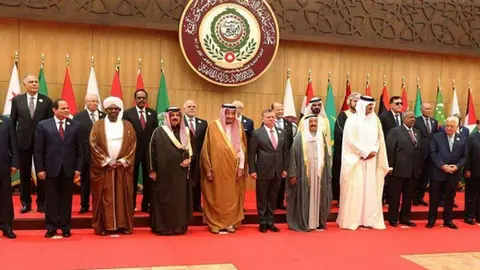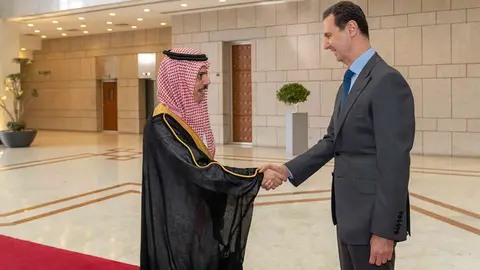Saudi Arabia and Syria resume commercial flights amid diplomatic rapprochement
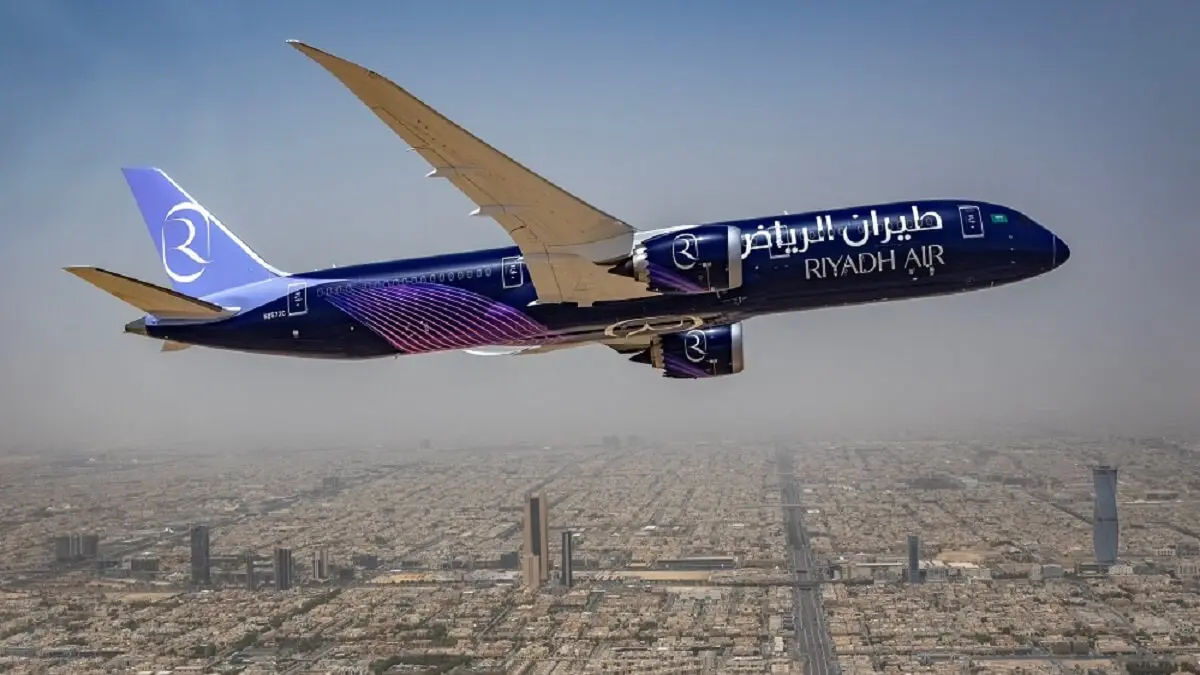
For the first time in more than a decade, regular flights between the Syrian capital Damascus and Saudi Arabia have resumed. This decision is part of the diplomatic rapprochement the two countries have been experiencing recently after years of no relations at all due to the war in Syria.
Syria and Saudi Arabia severed bilateral ties in 2012 due to Syrian President Bashar al-Assad's brutal crackdown on anti-government protesters at the start of the civil war. Most Arab countries followed Riyadh's lead, although after more than a decade of violence and destruction, the Arab world has opted to re-establish diplomatic relations with Damascus and readmit it to the Arab League.
Following this decision, Saudi Arabia and Syria announced the resumption of diplomatic relations, pledging to further advance the bilateral partnership. For Syria's ambassador to the Kingdom, Ayman Soussan, the recent reactivation of flights represents "an additional step in the process of developing relations between the two brotherly countries", he told the Syrian state news agency SANA.
The decision was announced after Syrian pilgrims travelled on a direct flight last May to holy sites in Saudi Arabia for the annual Islamic Hajj pilgrimage. Now, Wednesday's Syrian Airlines flight to Riyadh marks the return of regular commercial flights.
The 13-year-old civil war in Syria has been frozen for some time. The government in Damascus has managed to regain power over most of the territory, although much of the northwest of the country is still controlled by opposition groups while the northeast region is led by Kurdish forces.
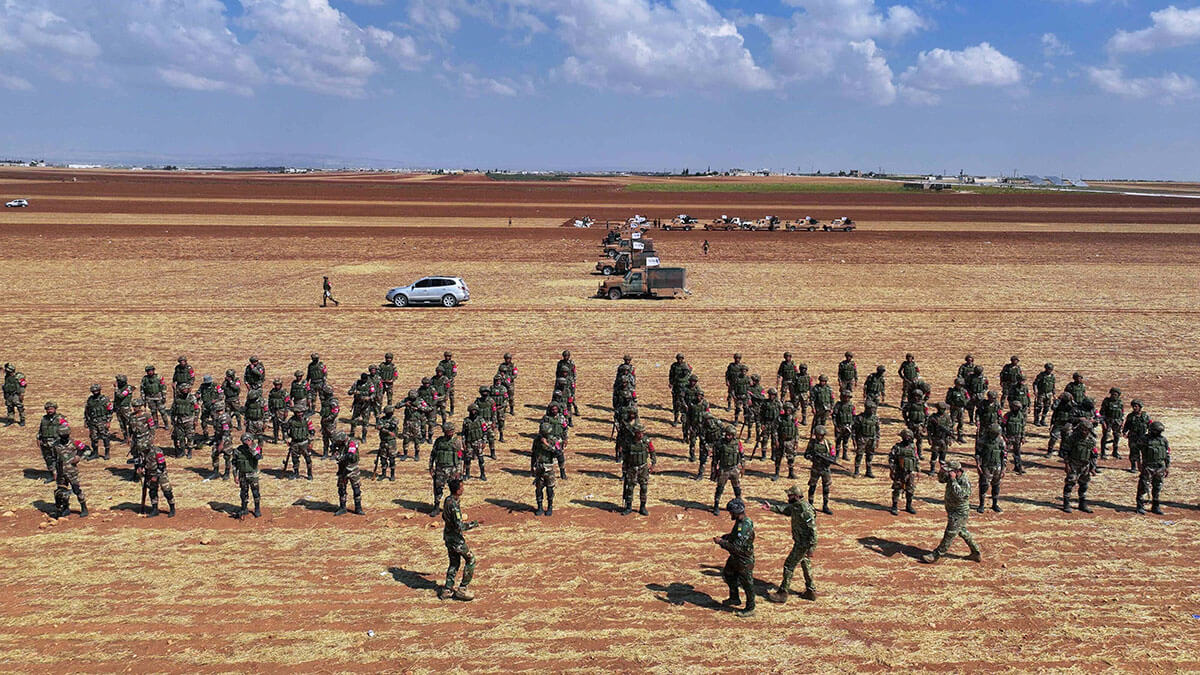
The rapprochement between Syria and the Arab world was led by Riyadh and began to gain momentum after the brutal earthquake in February 2023 that affected Turkey and Syria. Most countries in the region sent rescue teams, humanitarian and medical aid to the affected area of northwest Syria, which led to Arab leaders establishing contact with the Al-Assad government for the first time in decades. . Even certain senior officials such as foreign ministers visiting the country.
After the earthquake, the Arab League approved the return from Syria, as there was a growing consensus in the Arab world that isolating Al-Assad was not working. However, there were also countries that opposed readmitting Damascus, such as Qatar and Kuwait.
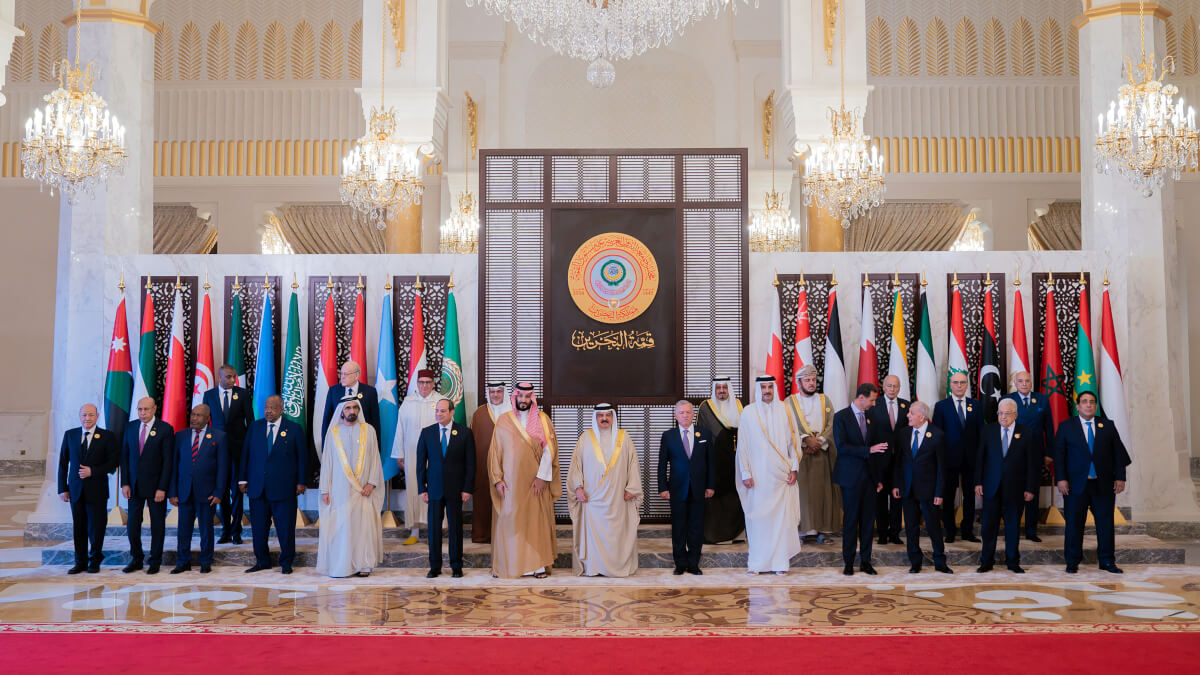
It is essential for Arab nations to strengthen their role in Syria to confront the great influence that Russia and Iran have gained in the country due to the war and their unconditional support for Al-Assad in the last decade.

